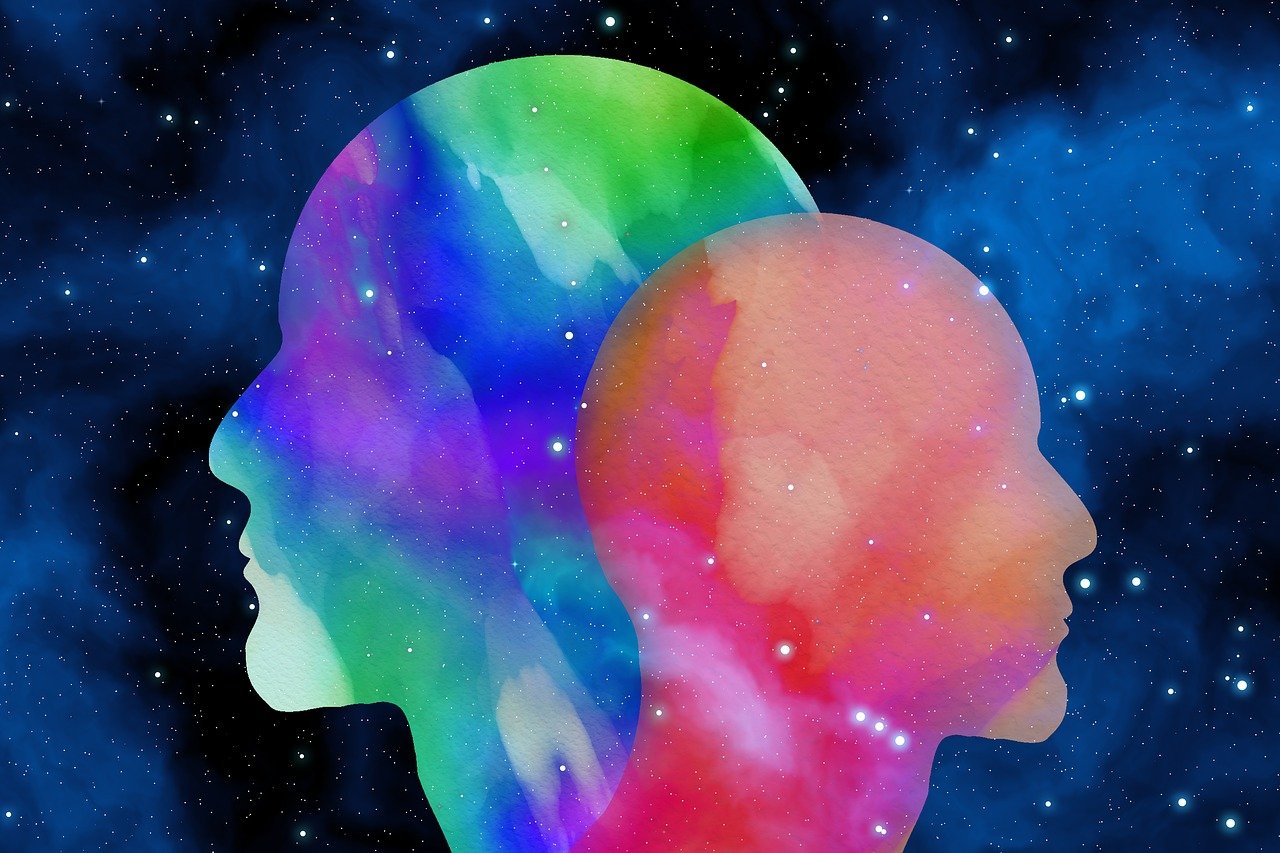Course Description:
Explore the fascinating field of Biological Psychology with this comprehensive training program. This course is designed to provide learners with a deep understanding of how the brain and nervous system influence behavior, cognition, and emotions. Using an engaging trivia-based self-learning format, participants will explore key topics such as brain anatomy, neurochemical processes, neural pathways, the effects of brain damage, and the role of genetics in behavior. Whether you’re a psychology student, healthcare professional, or someone interested in the biological foundations of behavior, this program offers valuable insights into the connections between biology and psychology.
Related Courses in K4B:
– Neuropsychology: Study the relationship between brain function and behavior, including the impact of brain injury and disorders.
– Cognitive Psychology: Understand how the brain processes information and influences cognitive functions such as memory, perception, and problem-solving.
– Clinical Psychology: Explore the biological basis of mental health disorders and how biological psychology informs clinical treatment.
– Psychology of Emotions: Learn how emotions are regulated by the brain and the nervous system, and how this affects behavior.
– Developmental Psychology: Study how the brain and nervous system develop throughout the lifespan and their impact on behavior and cognition.
Key Features:
– Trivia-Based Learning: Interactive questions covering both foundational and advanced topics in biological psychology for an engaging educational experience.
– Achievement-Based Rewards: Earn certificates, badges, and other incentives as you progress through the course.
– Real-World Applications: Gain practical knowledge to apply biological psychology principles in clinical settings, research, and mental health interventions.
– Scholarships and Mentorship Opportunities: Access financial support and expert guidance to enhance your learning journey.
– Career Enhancement Opportunities: Outstanding learners will be recognized and recommended for roles in neuropsychology, research, and clinical settings.
Skills Developed:
1. Foundations of Biological Psychology: Understand the basic principles of biological psychology and its role in linking biological processes with behavior.
2. Brain Anatomy and Function: Study the structure of the brain, including key areas like the cerebral cortex, limbic system, and brainstem, and their roles in cognition and behavior.
3. Neurons and Neurotransmitters: Learn how neurons communicate via electrical signals and neurotransmitters and the impact of these processes on behavior.
4. The Nervous System: Explore the organization and functions of the nervous system, including the central and peripheral nervous systems, and their role in regulating behavior.
5. Brain Plasticity and Neurogenesis: Understand how the brain adapts to changes in the environment, learns new skills, and recovers from injury.
6. Sensation and Perception: Study how sensory information is processed by the brain and how perception is shaped by biological processes.
7. Sleep and Circadian Rhythms: Learn about the biological processes that regulate sleep, the brain’s role in sleep cycles, and the impact of sleep on cognitive functioning and behavior.
8. Stress and the Brain: Explore how stress impacts brain function, including the role of hormones like cortisol and how stress influences behavior and health.
9. The Biological Basis of Emotion: Study how emotions are generated and regulated by brain structures such as the amygdala and prefrontal cortex.
10. Genetic Influences on Behavior: Learn about the role of genetics in behavior, including gene-environment interactions and the influence of hereditary factors on psychological traits.
11. Brain Damage and Disorders: Understand the effects of brain injuries, strokes, and neurological disorders (e.g., Alzheimer’s disease, Parkinson’s disease) on behavior and cognition.
12. Psychopharmacology: Study the effects of drugs and medications on the brain and behavior, including treatments for mental health disorders.
13. Neuroplasticity and Recovery: Explore the brain’s ability to reorganize and adapt after injury or disease and how neuroplasticity supports learning and rehabilitation.
14. Hormones and Behavior: Learn about the relationship between hormones, such as those produced by the endocrine system, and psychological processes like mood, motivation, and aggression.
15. Case Studies in Biological Psychology: Analyze real-world examples of how biological psychology principles are applied in diagnosing and treating neurological and psychiatric disorders.
Why Choose This Program:
– Interactive and Engaging: Trivia-based learning makes complex biological psychology concepts enjoyable and easy to understand.
– Real-World Relevance: Learn practical strategies to apply biological psychology principles in clinical, research, and therapeutic settings.
– Comprehensive Support: Access scholarships, mentorship, and networking opportunities to support your academic and professional growth.
– Holistic Curriculum: Covers the biological, cognitive, and emotional aspects of behavior, offering a well-rounded understanding of how biology shapes psychology.
– Career Opportunities: Open pathways to roles in neuropsychology, clinical psychology, research, healthcare, and mental health services.
Enroll Today and Discover the Biological Foundations of Behavior!
Take the first step toward mastering the biological principles that underlie behavior, cognition, and emotion.
Enroll now and start your journey in Biological Psychology Training today!






